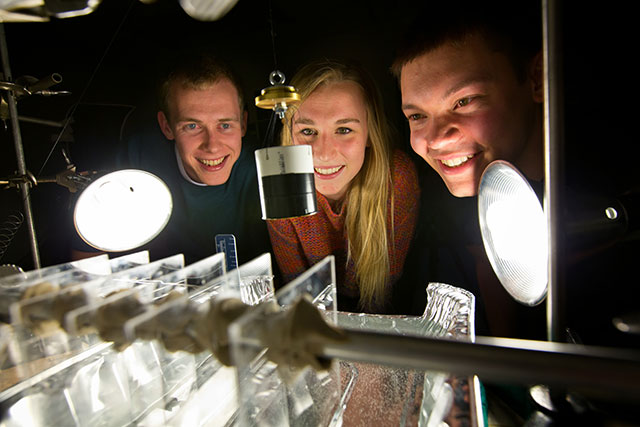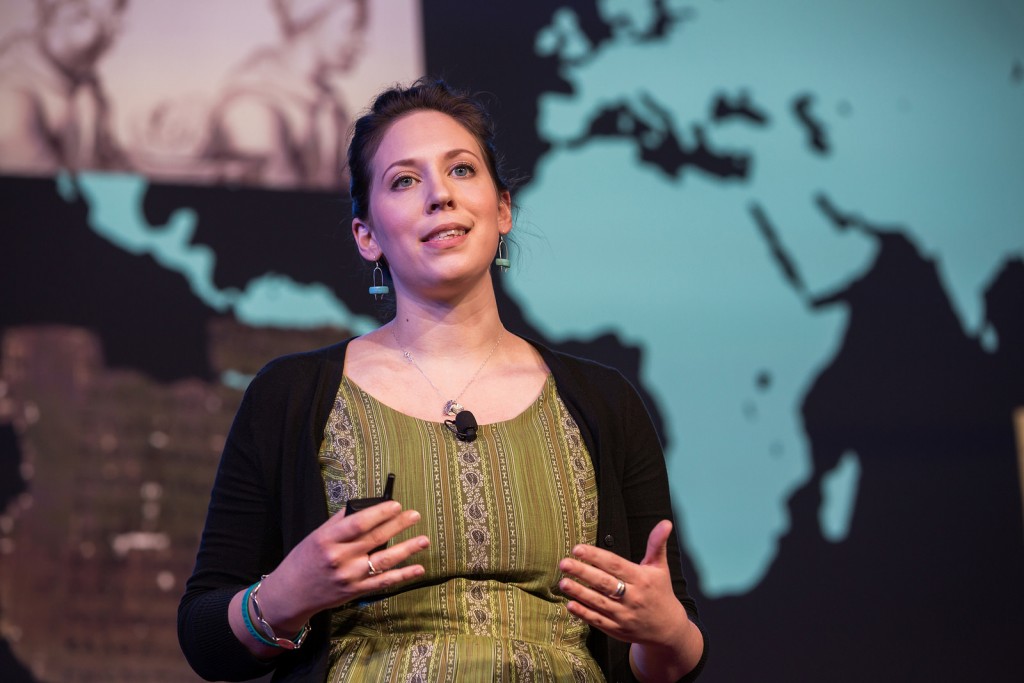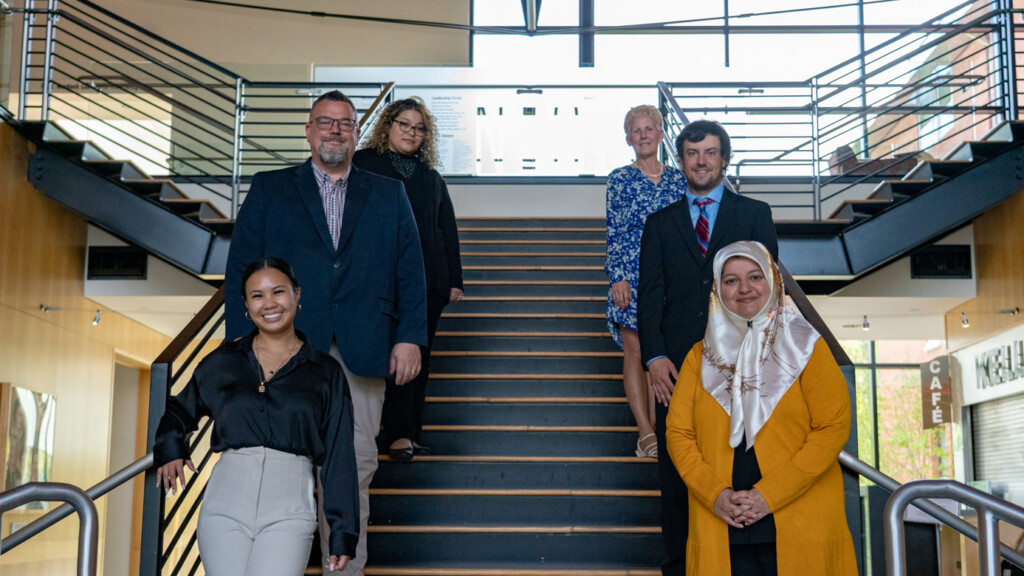Page 88 • (1,128 results in 0.108 seconds)
-
May 10, 2024
Hutchinson Cancer Institute, and Shannon Seidel, Biology, PLU The maturation of T-cells results in the formation of T-cell receptor excision circles (TRECs) during gene rearrangement. Previously, there were no TREC primers available for the most common lab mouse. This project utilizes gene sequencing and TREC assays through PCRs to detect thymic output in multiple mouse strains. Some results of this study are still pending. 10:30 am | Keynote Welcome - AUC 214 Chris Knutzen Hall10:30 am | Welcome Joanna
-
Major in Psychology 42 semester hours, including: PSYC 101, 242, 499 One of PSYC 310, 315, 320, or 330 Two of PSYC 440, 442, 448, or 481 At least 2 semester hours from PSYC 495, 496, or 497 12
, 499 One of PSYC 310, 315, 320, 330 One of PSYC 440, 442, or 448 At least 2 semester hours from PSYC 495, 496, or 497 12 semester hours of elective psychology courses STAT 232 (psychology class) and accompanying lab 20 semester hours in mathematics and other natural sciences are required. Of the 20 hours, at least 4 semester hours must be in mathematics and at least 8 semester hours in biology. Those students who, after graduating from PLU, plan to enter schools of dentistry, medicine, public
-

Mark Lee, Mimi Granlund and Matt Hubbard and the apparatus they built to help them understand how the roughness and size of a tongue would affect the amount of water an animal could lap up and still be efficient. (Photos by John Froschauer) What exactly…
be checked before students cross the stage, shake the president’s hand and march into their new lives. For many, the capstone is a stepping stone to bigger things – grad school, job, or once-in-a-lifetime opportunity where one’s passion and degree intersect. It’s a definite point of passage for a student, notes Ann Auman, associate professor of biology. “Capstone is time for integration of the knowledge which a student has learned in a major, with the ability to communicate that knowledge in both
-
Check out this panel discussion from International Education Week at PLU, featuring representatives from all of the Wang Center's Gateway locations!
GLST 287, Fall 2020 Resources PageCOVID-19: A Global Crisis Examined Resource page for participants electing the no-credit option GLST 287 LECTURE RECORDINGS, SLIDESHOWS, & READINGS September 9The Science of COVID 19 Part I: The What, Where, and How of Coronaviruses Dr. Evan Eskew, Assistant Professor of Biology Dr. Shannon Seidel, Assistant Professor of BiologyClick here to view the slideshow from September 9th’s class. September 16The Science of COVID 19 Part II: Testing and Vaccine
-

In January 2006, a group of PLU students — bundled up in warm coats, gloves, hats and sturdy boots — stepped carefully from the boat on which they’d been traveling onto the rocky and icy shores of Antarctica. This intrepid class helped seal a spot…
PLU Named Best Option for Financial Aid in Washington LATEST POSTS PLU Scores 4.5 out of 5 on Campus Pride Index: What does that mean? November 21, 2024 YouTube Short: A quick campus tour and Lute lingo with Zari Warden November 19, 2024 Major Minute Monday: Global Studies November 18, 2024 You Ask, We Answer: Do you have Marine Biology? November 15, 2024
-

A National Honor for ‘Digging into Cancer’ ‘Fast Company’ magazine names Hunt one of its 100 Most Creative People of 2014 . A Survivor in the Global Spotlight Katie Hunt ’11 fought cancer at PLU, leads the emerging field of paleo-oncology and wowed the crowd…
in England, where she earned a master’s of science after blending her PLU degrees—and her life experience—into the emerging field of paleopathology: the study of disease, health, trauma and diet in human biology in ancient societies. “I want to look at evidence of cancer in archaeological remains, and add to a dataset that’s virtually nonexistent,” Hunt said. “At that point I wouldn’t have even called it a field—now it is, but a very, very small field.” A small field, maybe—but one with
-

The world of business is always changing. Markets trend up and down, technologies evolve, and ethical standards constantly progress. To many private-sector veterans, this rate of change can be daunting, but to students and faculty members at Pacific Lutheran University’s School of Business, they are…
PLU's Bachelor of Business (BBA) MajorSchool of Business Programs for Non Business MajorsEarn Your MBA at PLUMaster of Science in Marketing Analytics Read Previous John Evanishyn ‘21 studied environmental science on campus—and in France and Costa Rica—during his four years at PLU Read Next Q&A with Biology Major Brandon Nguyen ’21 COMMENTS*Note: All comments are moderated If the comments don't appear for you, you might have ad blocker enabled or are currently browsing in a "private" window. LATEST
-
Formal admission to Pacific Lutheran University. Admission to the university does not guarantee admission to the School of Nursing.
be considered. Your application to PLU is also your application for direct admission to Nursing. When you apply to PLU (it’s free to apply), list Nursing as your intended major. To be considered for direct admission, you must have: A 3.4 or higher weighted cumulative GPA You can find out more information about weighted GPAs here Three or more college-preparatory math and science courses (e.g. Algebra 2 and higher, chemistry, physics, earth science, biology) with a B- or better grade First year
-
The traditional undergraduate program is designed for students who do not hold licensure in practical or registered nursing. The L.P.N. to B.S.N.
successfully completed. Traditional B.S.N. Sequence: Students must successfully complete Biology 201, 205, and 206, Chemistry 105 , Statistics 231, Psychology 320 (Development Across the Lifespan), and Nutrition (NURS 120 or equivalent) before beginning the nursing program. (See Admission Criteria for GPA requirements in prerequisite and corequisite courses.) RN-with non-nursing baccalaureate degree or higher to M.S.N. Program. See options for registered nurses in the Master of Science in Nursing section
-
Environmental Health & Safety supports the university mission to educate for lives of Thoughtful Inquiry, Service, Leadership, and Care by assisting instructors, researchers, students,
and deliver it to the Biology Department for treatment. Medical waste shall go into the special orange plastic waste bags that are labeled with the universal biohazard symbol or with the word “Biohazard” or “Biohazardous Waste” and provided by the Biology Department. Sharps, such as needles or syringes, contaminated with blood or other potentially infectious materials shall be placed into a rigid plastic sharps container. Sharps that are not contaminated must also be contained in a rigid container
Do you have any feedback for us? If so, feel free to use our Feedback Form.


